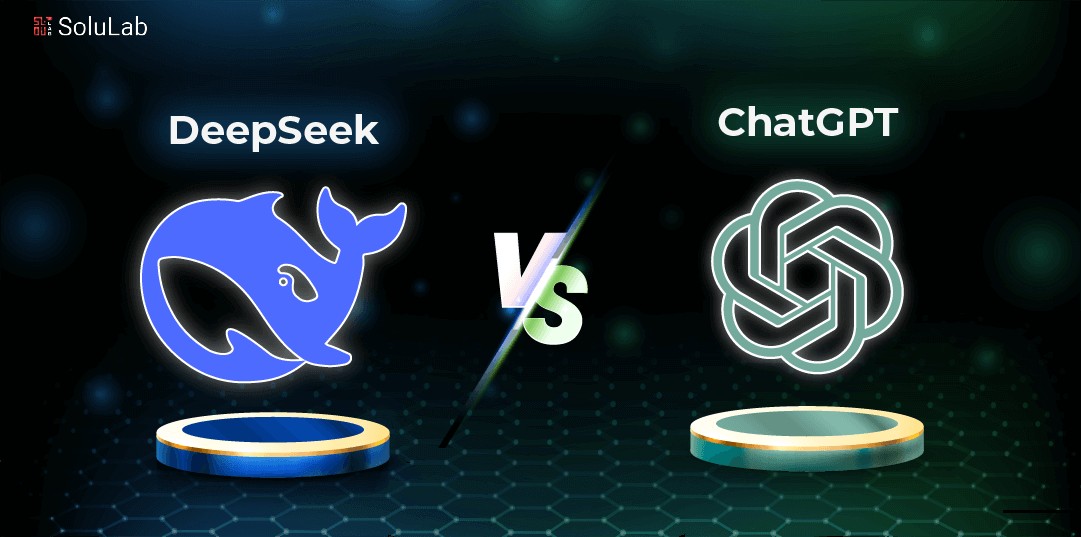
As tech giants plan to invest $320 billion in AI this year, a revolutionary approach called Decentralized AI (DeAI) emerges as an unexpected challenger to their dominance.
The current AI landscape, controlled by companies like Google, Microsoft, and OpenAI, faces disruption from a system that operates similarly to Bitcoin's decentralized network. This new paradigm could transform how artificial intelligence is developed, accessed, and monetized.
The Power of Decentralization
Decentralized AI runs on distributed networks of independent nodes, rather than centralized servers controlled by major corporations. The Bittensor blockchain, an open-source protocol backed by Digital Currency Group (DCG), leads this innovation.
"Bittensor is the 'World Wide Web of intelligence'—a global connected network where anybody can contribute, connect and innovate freely," says Barry Silbert, DCG's CEO.
Why DeAI Could Outperform Traditional Models
The decentralized approach offers several advantages over conventional AI systems:
- Monetary rewards for contributors through blockchain-based tokens
- Freedom from corporate censorship and control
- Globally distributed computing power
- Complete transparency in AI training and operations
- Open-source innovation with fair compensation
- Reduced costs through competitive services
Growing Ecosystem
Bittensor currently hosts 64 active subnets—specialized AI applications—with rapid growth expected. Companies like Masa are already building innovative solutions on the platform, including real-time data access and AI agent marketplaces.
"Over $900 million in annual incentives power the Bittensor ecosystem," notes Calanthia Mei, Masa's Co-Founder. "Each subnet, miner and validator battles for dominance, creating a competitive environment for AI development."
The Future Landscape
While Big Tech continues its expensive AI arms race, decentralized AI presents a compelling alternative. Its ability to distribute power, reward innovation, and maintain transparency could revolutionize the industry, potentially surpassing traditional AI models in effectiveness and accessibility.
The race between centralized and decentralized AI systems marks a pivotal moment in technological evolution, with the potential to reshape the future of artificial intelligence.